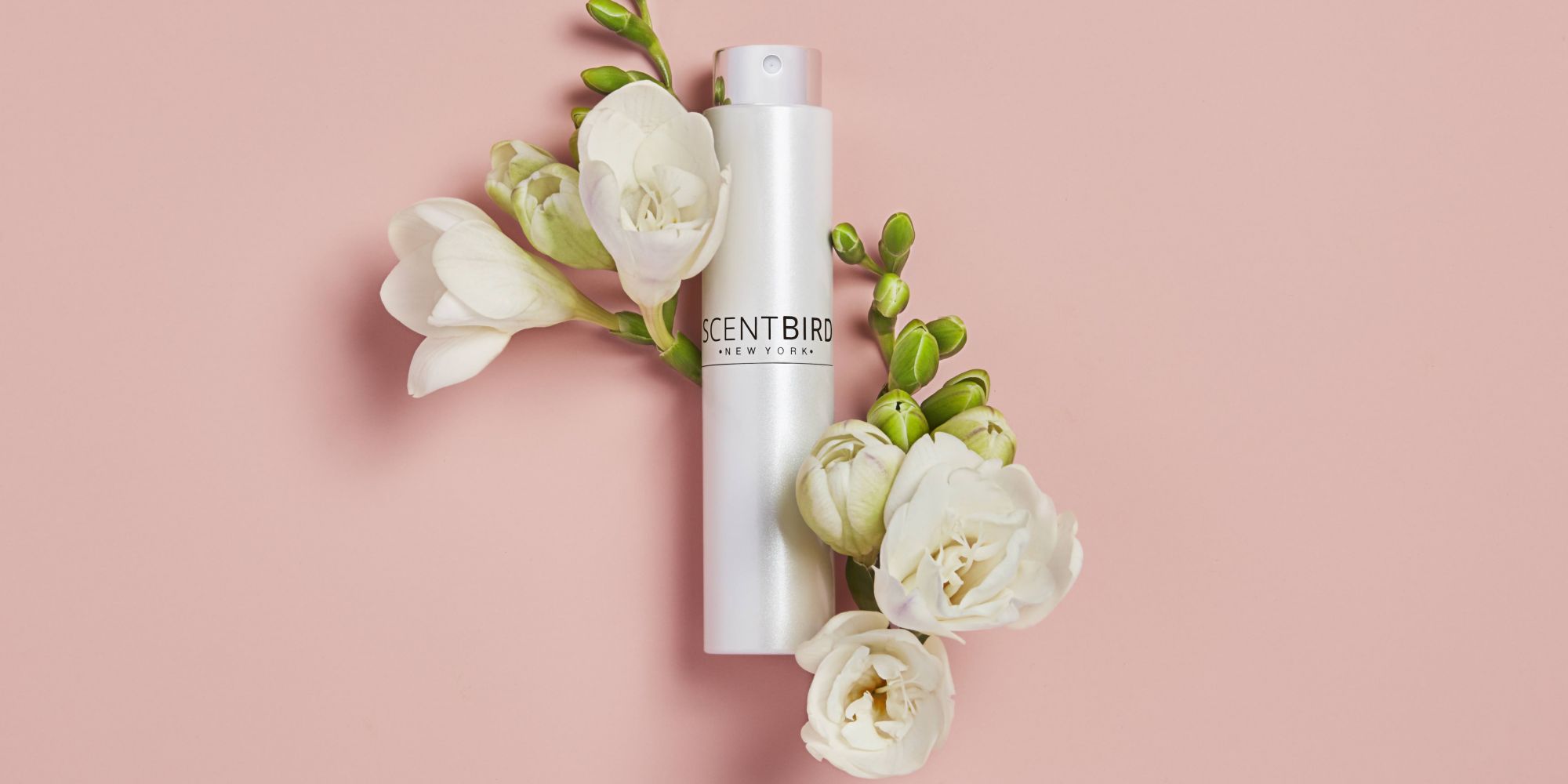
Scentbird Soars To Where Few Female-Led Companies Go: An $18.6M Round Of Funding
Scentbird has increased its nest egg with the completion of a series A funding round led by Goodwater Capital that totals $18.6 million.
As the fragrance segment adjusts to millennial shopping habits, the money places the scent sampling service in a strong position to lead the digital charge in perfume purveying. Scentbird has amassed more than a quarter million subscribers for its $14.95 monthly sample boxes allowing customers to trial some 500 designer and niche fragrances in 8-ml. helpings.
“We have been really careful with our spending and what we see now is that we’ve started to reach a critical mass. We feel we have a winning formula for acquiring and retaining customers, so we want to explode,” says Rachel ten Brink, co-founder and CMO of Scentbird. “We need to continue to expand the business model, but we think there’s a lot of opportunity in beauty to innovate and create a valuable business.”
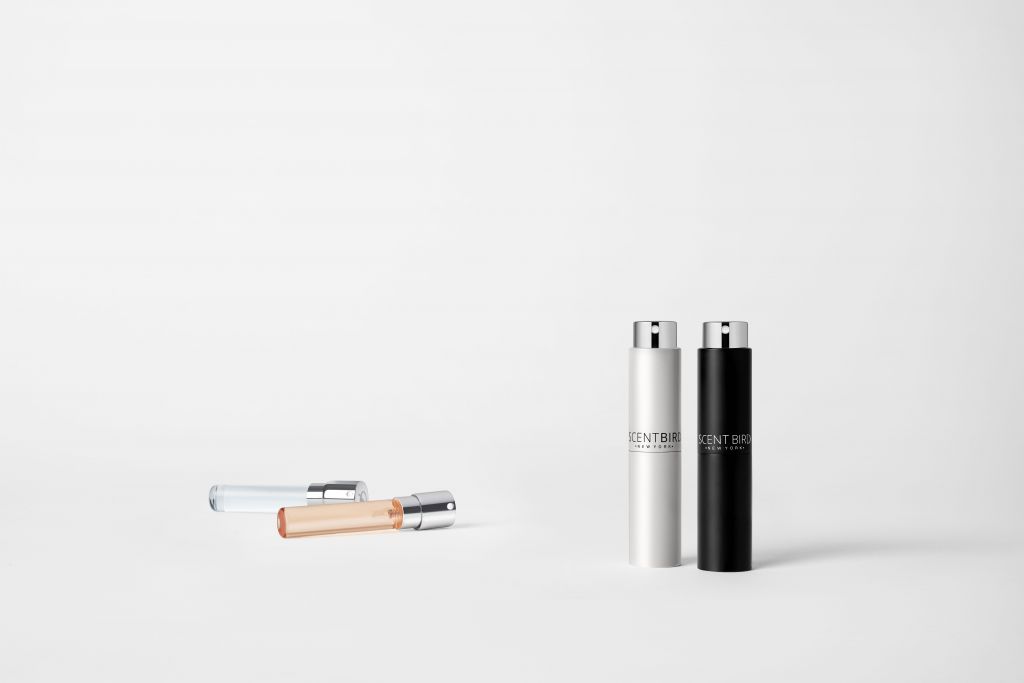
Scentbird has big ambitions, and ten Brink believes it can hit $1 billion in annual sales. The company declined to disclose its current turnover, but it’s a safe bet that it has a long way to go to cross that threshold. Scentbird revealed 95% of its sales are driven by subscriptions and that those sales jumped 110% in the past year. It also divulged that it commands 1% share of the prestige fragrance sector. According to The NPD Group, that sector pulled in $4 billion in 2017, putting Scentbird’s portion at $40 million. The company expects to double its market share in the next year, and ten Brink reports it’s profitable.
Fueled by the capital infusion, Scentbird plans to accelerate product launches and enlarge a workforce that stands at over 50 people. The company introduced makeup palette subscription service Deck of Scarlet in 2016, and stretched beyond fragrance into personal care and home merchandise with its original property a year later. It’s since released lip balms. Ten Brink teases that Scentbird will push into new categories and leverage its connection with Deck of Scarlet.
“You have to be honest with yourself about what type of company you want to build and have passion for before you go out and raise money.”
“We have this community of people who love beauty and fragrance. How else can we help them discover products?” she asks. Referring to Deck of Scarlet, she elaborates, “It’s relatively small, but we feel that it’s really strategic in the sense that it gives us a foothold in a second key category, makeup. We are exploring more and more ways to create synergies between the two brands.”
Ten Brink details Scentbird began raising money for its latest round about three months ago and that the round, one of the largest recorded for a company with a female CEO and women co-founders, was oversubscribed. Rainfall Ventures, FundersClub, Soma Capital, Scrum Ventures, ERA and Y Combinator joined Goodwater Capital in the round. Scentbird participated in a Y Combinator class in 2015. CEO Mariya Nurislamova, COO Sergei Gusev and CTO Andrei Rebrov are members of Scentbird’s founding team along with ten Brink.
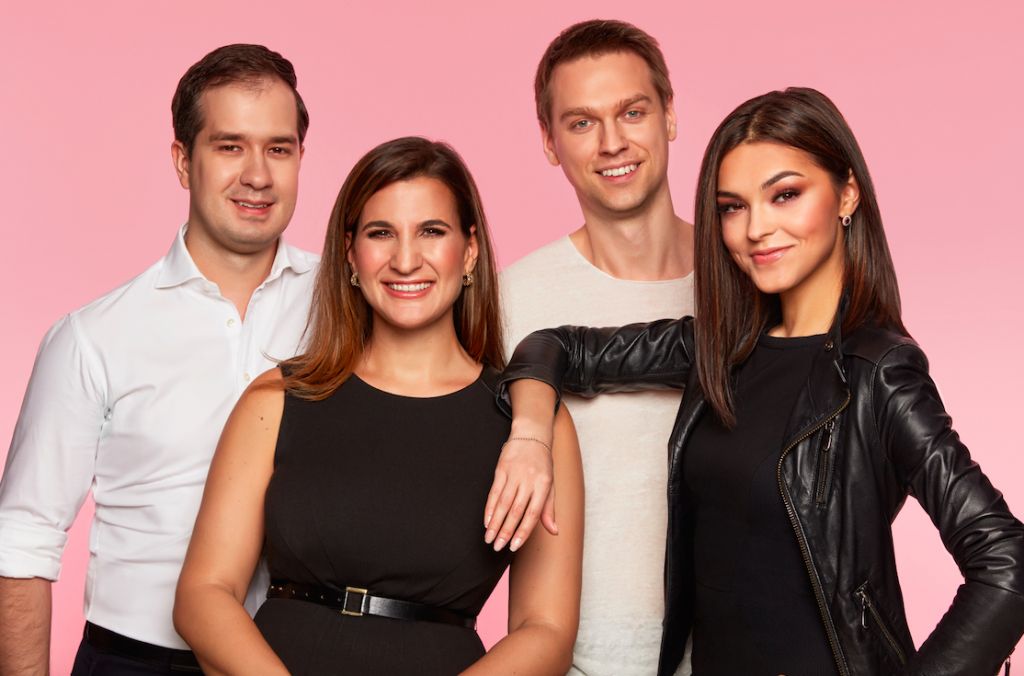
In a tough fundraising environment for women, who nabbed 2% of venture capital in 2017, Ten Brink explains Scentbird thoroughly practiced its pitch and made a forceful business case grounded in numbers to convince investors to open their coffers. “The reality of fundraising today is that most of the people you are going to pitch to are men. In the early days, we got a lot of, ‘My wife only uses one perfume.’ That type of behavior might be right for the venture capitalist’s wife, but most millennial women are switching around,” she says. “We have information about the fragrance category being three times as large as the shaving category, which men are really surprised to learn. Having factual information really helps.”
Ten Brink advises beauty entrepreneurs that chasing investor dollars isn’t right for all startups. “You need to think about whether you want to build a venture-backed company. There are pros and cons to everything. There is no free lunch. You sacrifice equity and control,” she says. “Maybe you feel you want to control it and grow it slowly, but that might not be what investors are looking for. You have to be honest with yourself about what type of company you want to build and have passion for before you go out and raise money.”
Part of Scentbird’s compelling proposition to investors is that it’s unlocking the code to tricky millennial fragrance tastes. Ten Brink underscores millennials have abandoned signature scents and department stores. “When they say signature perfume, what they mean is a signature perfume for right now. They might want a signature perfume to wear to a friend’s wedding, not a signature perfume to wear for three years,” she says. Ten Brink adds, “Millennials hate department stores. They find them dull and unexciting. If your main distribution channel is where your customers are no longer at, I think you need to rethink distribution.”

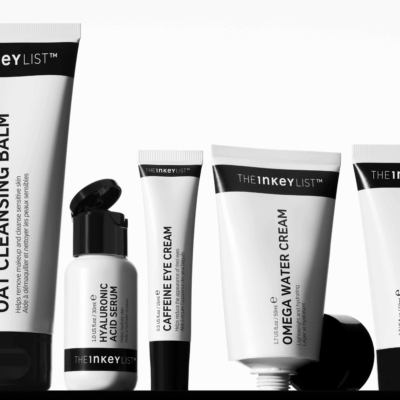
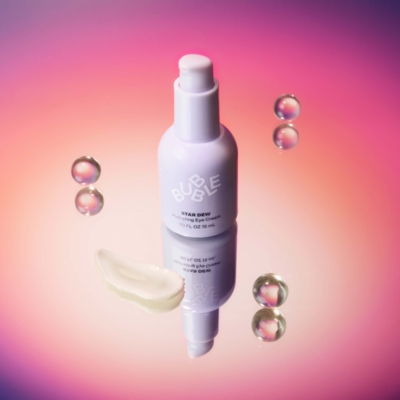
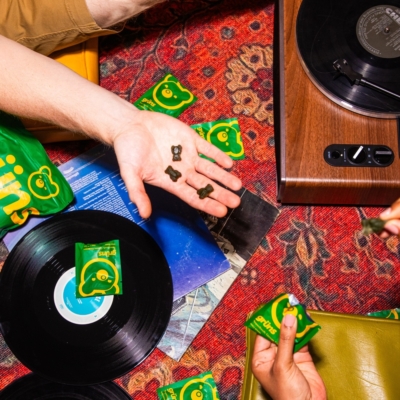

Leave a Reply
You must be logged in to post a comment.